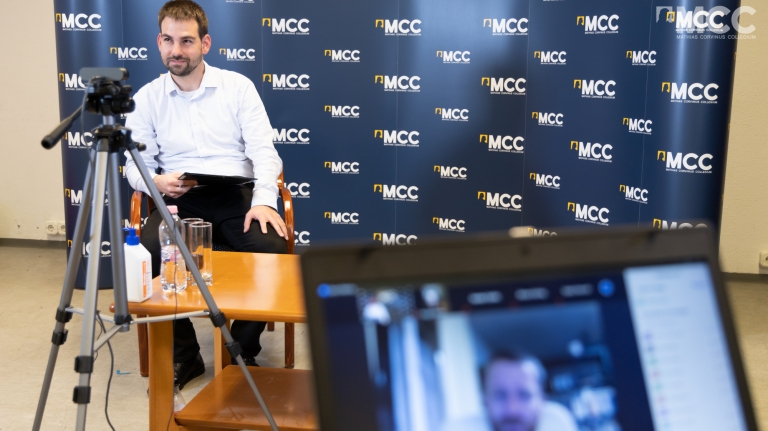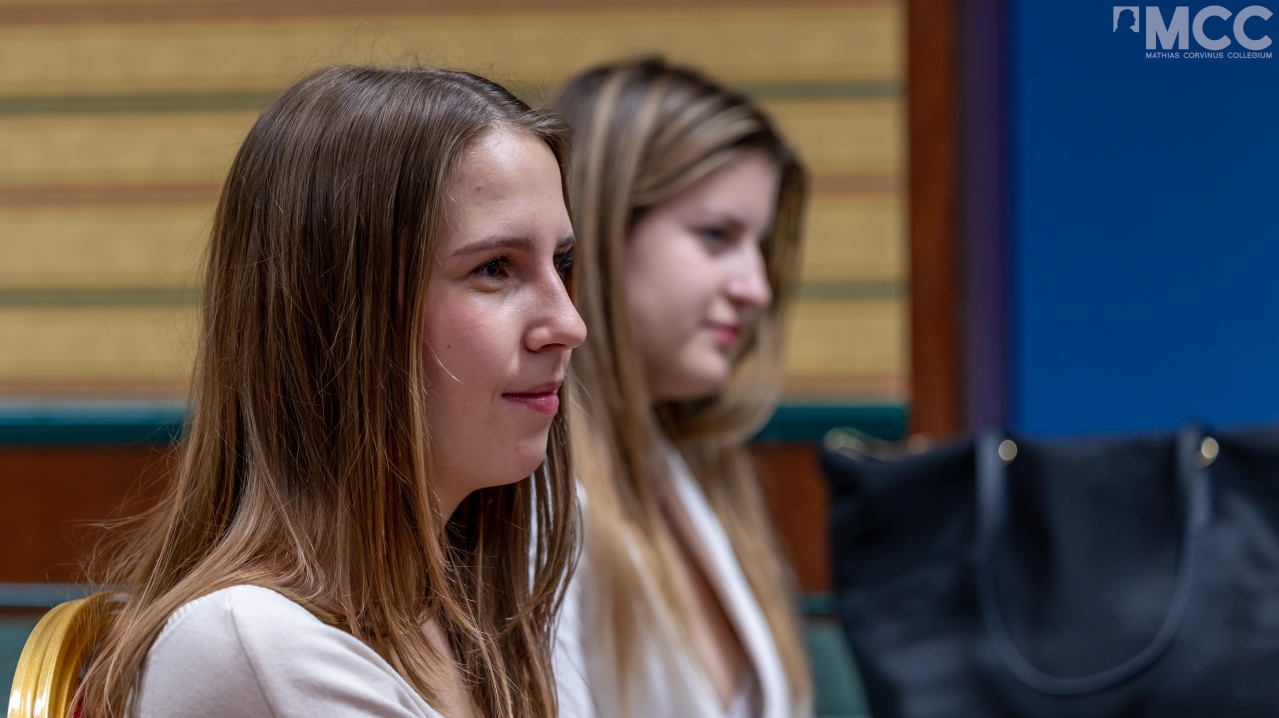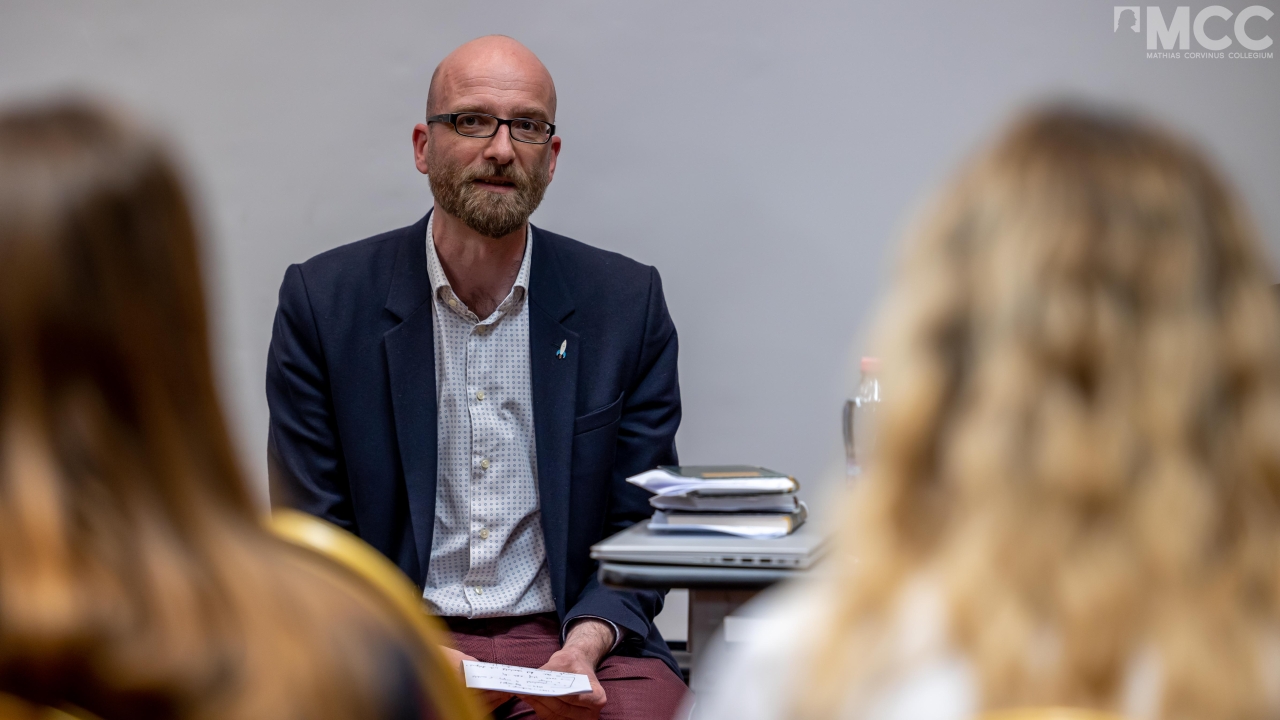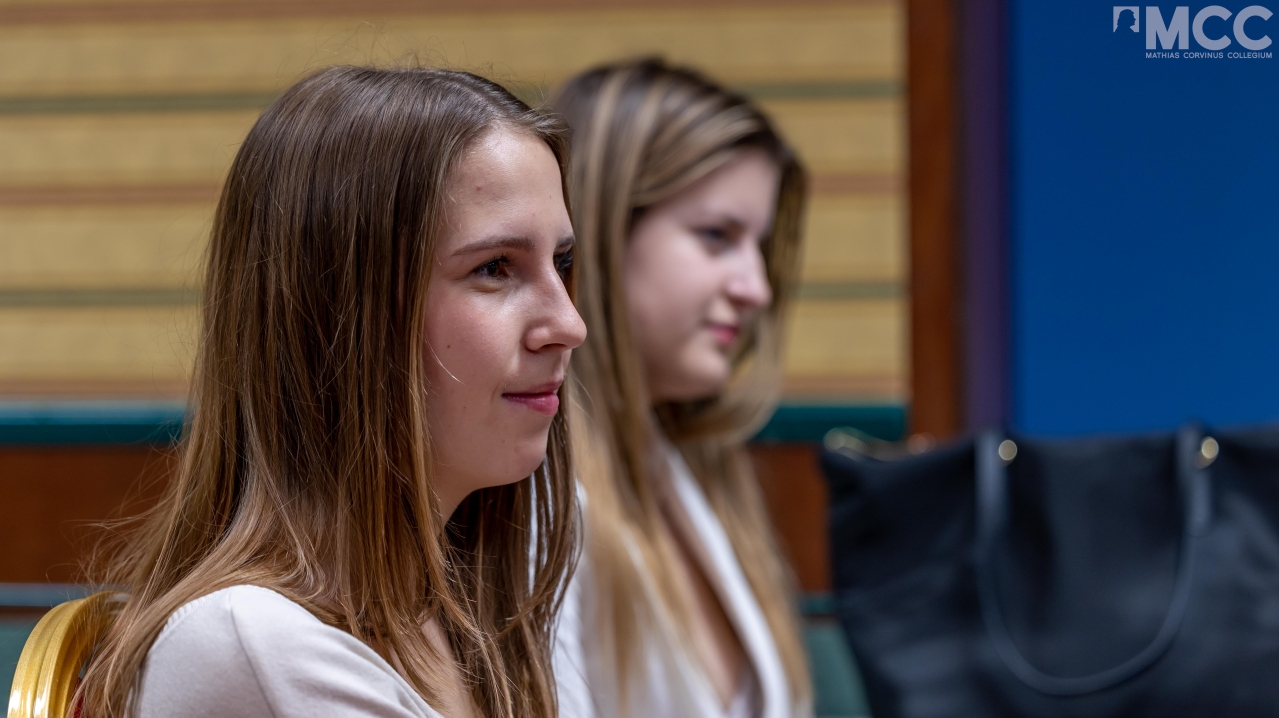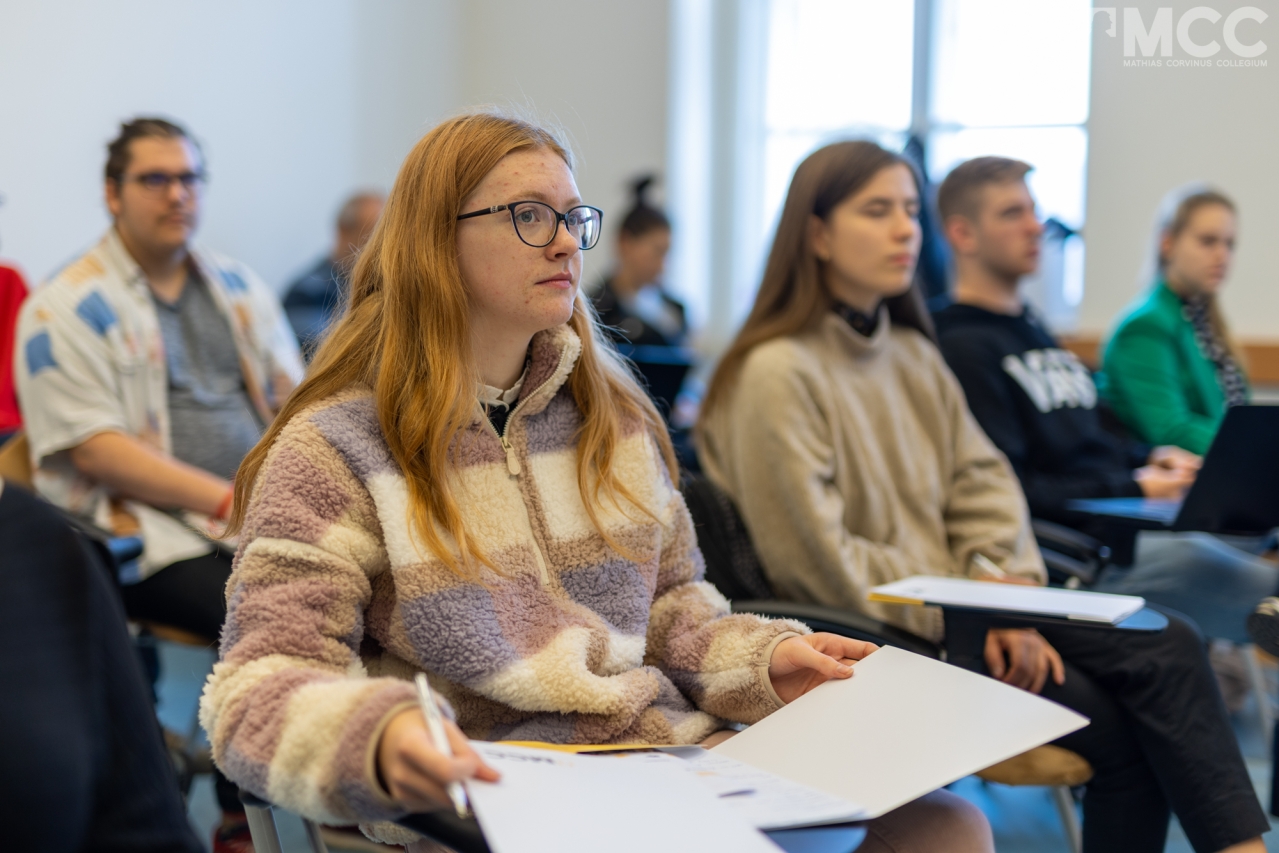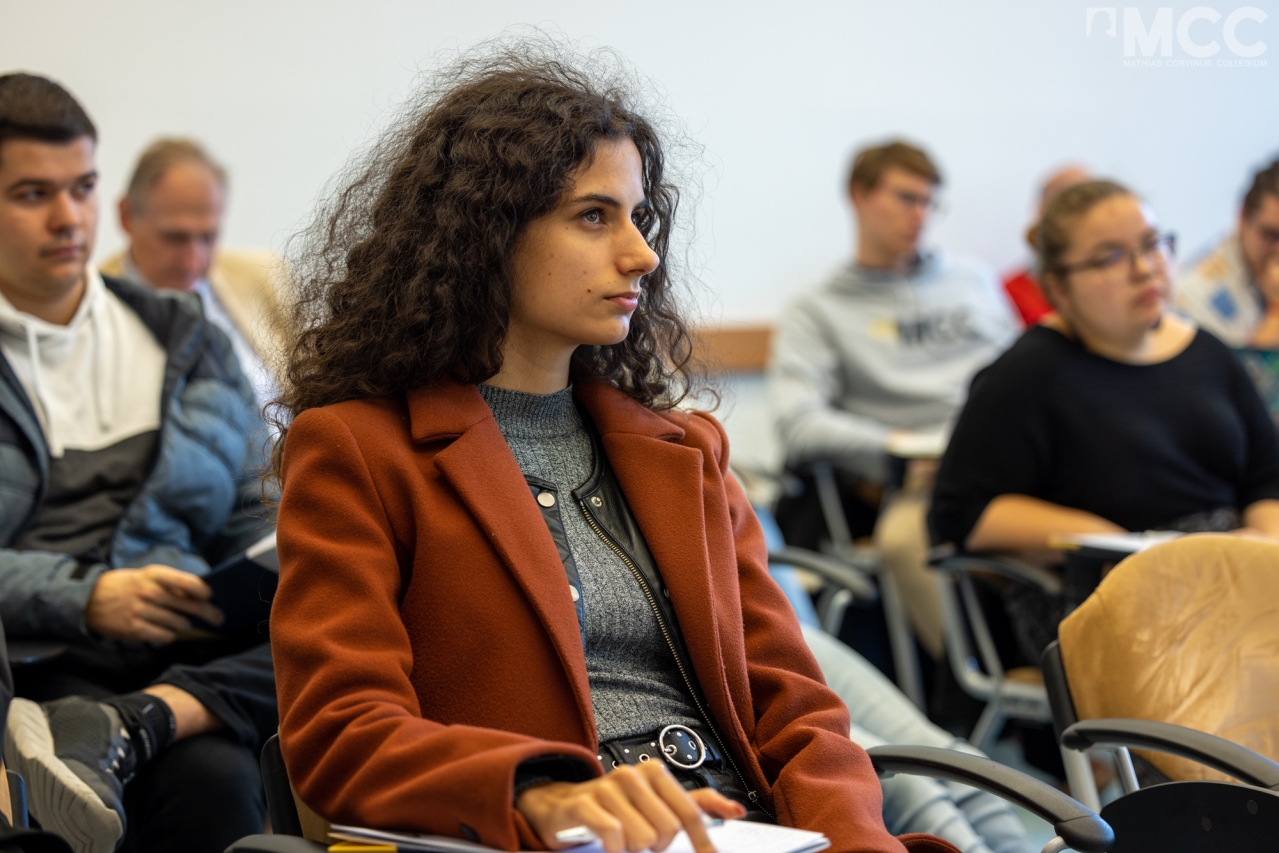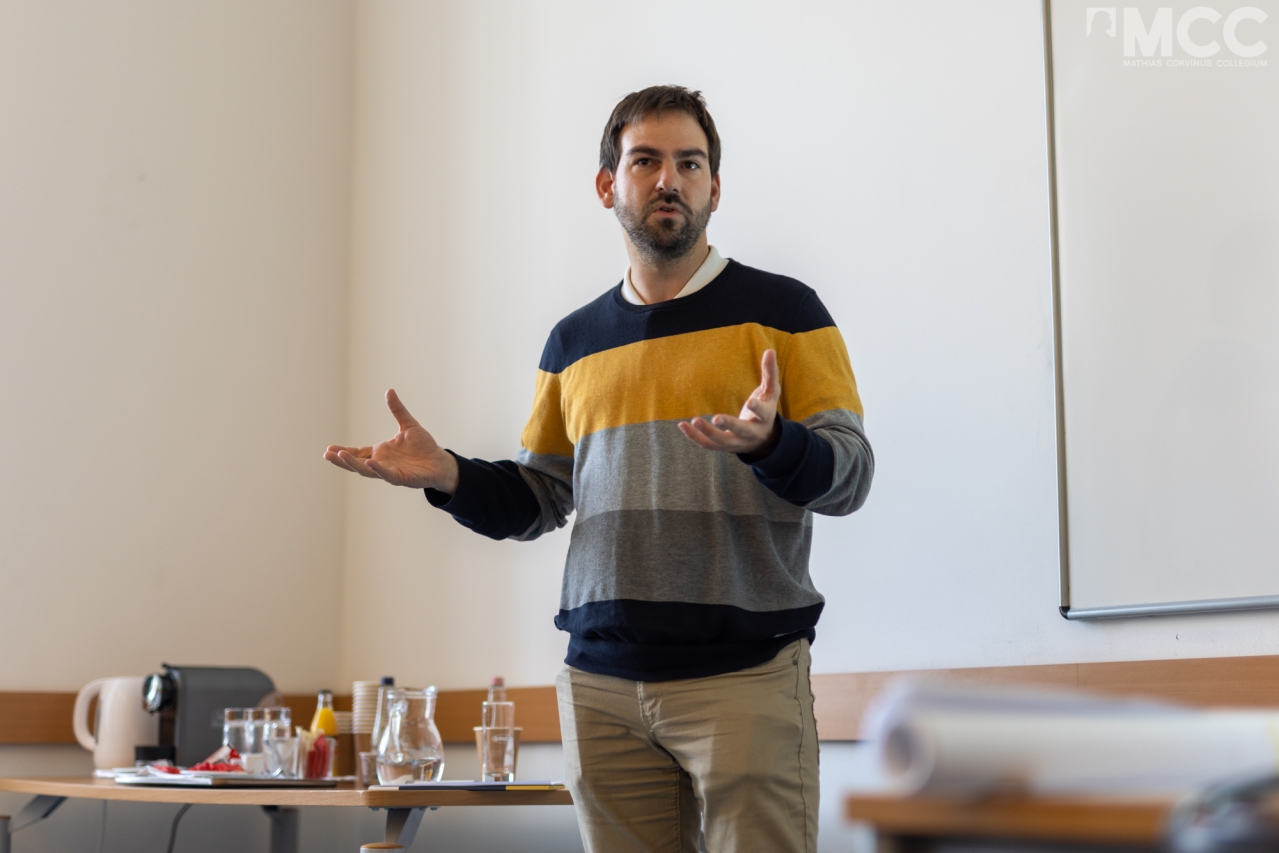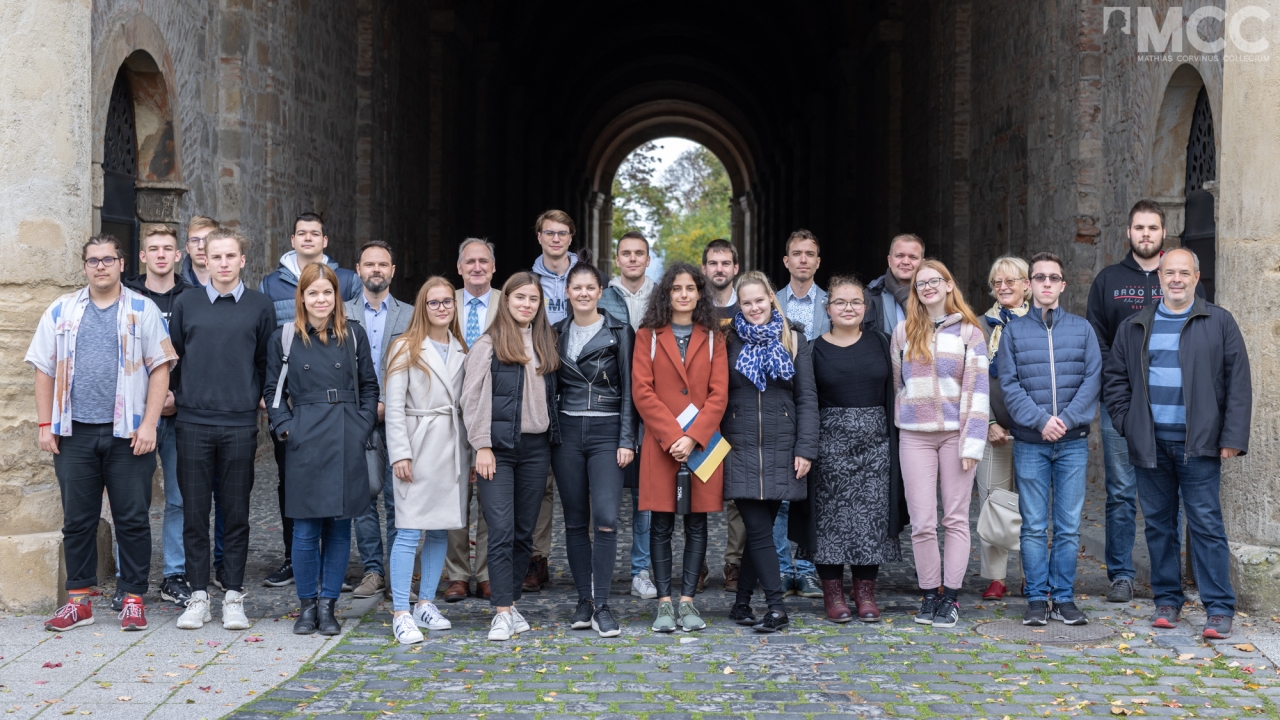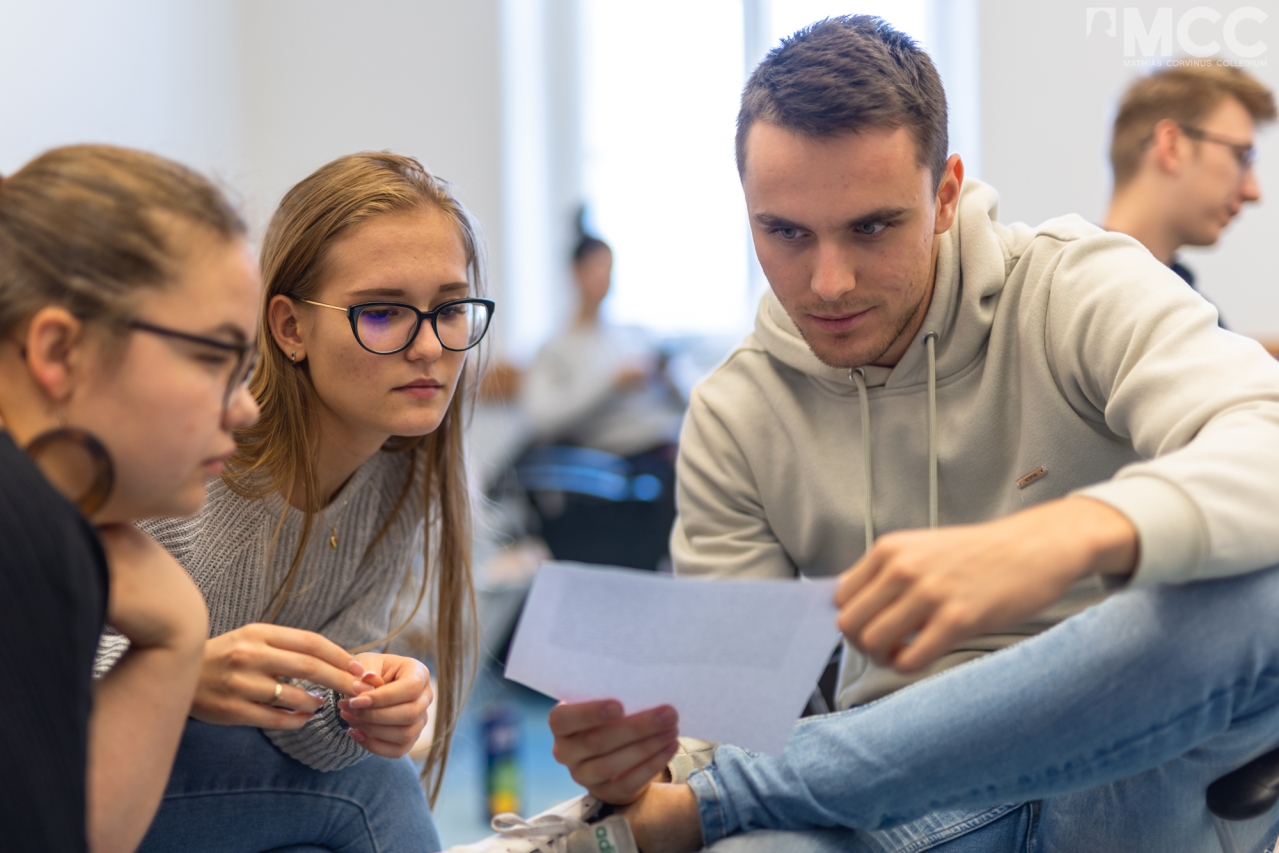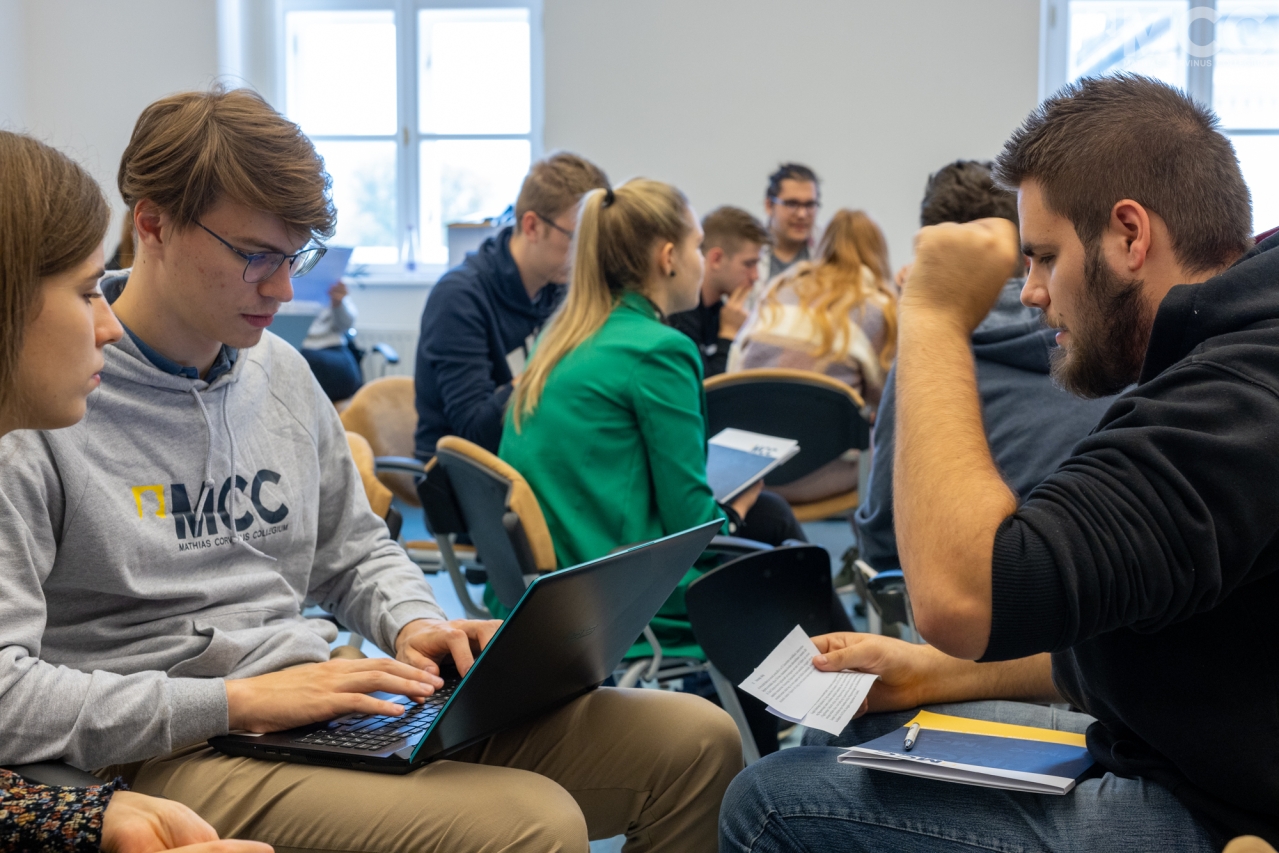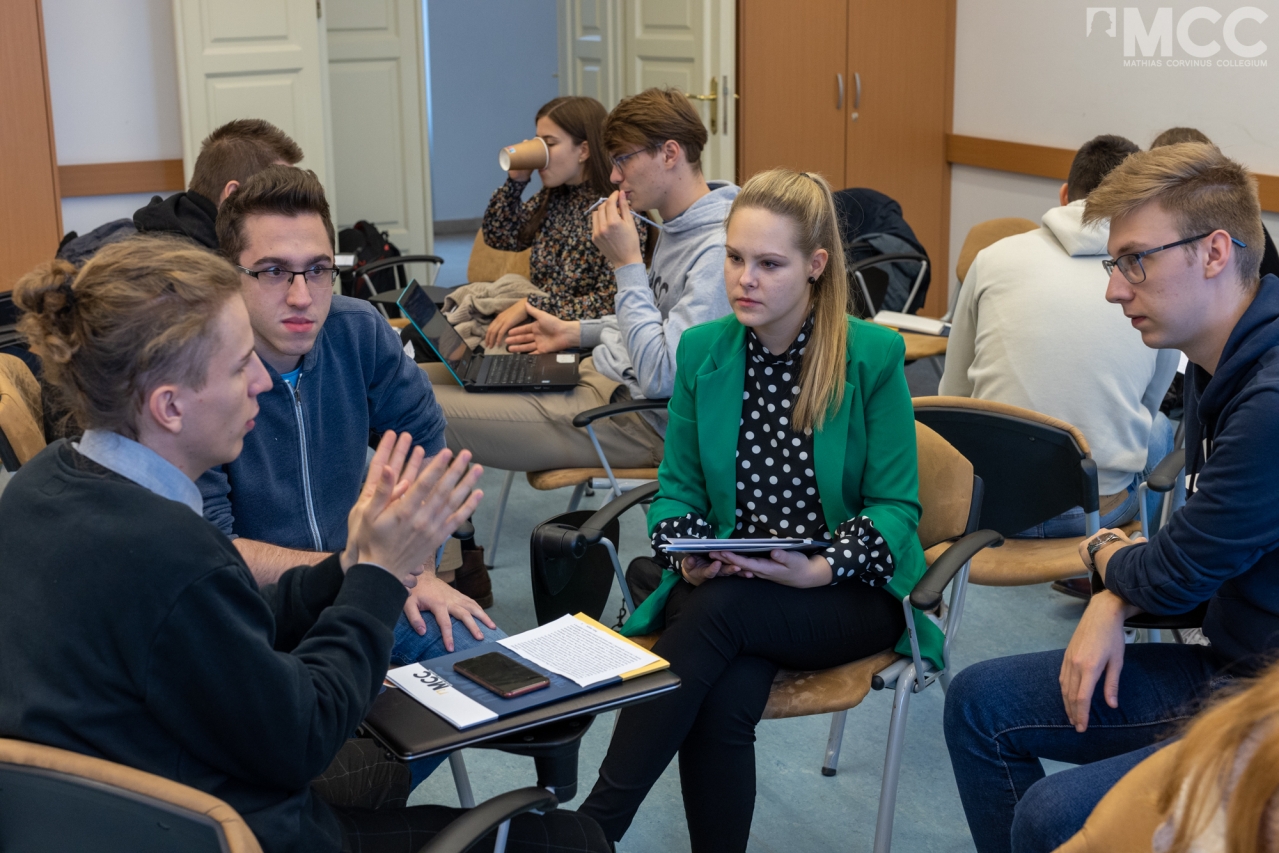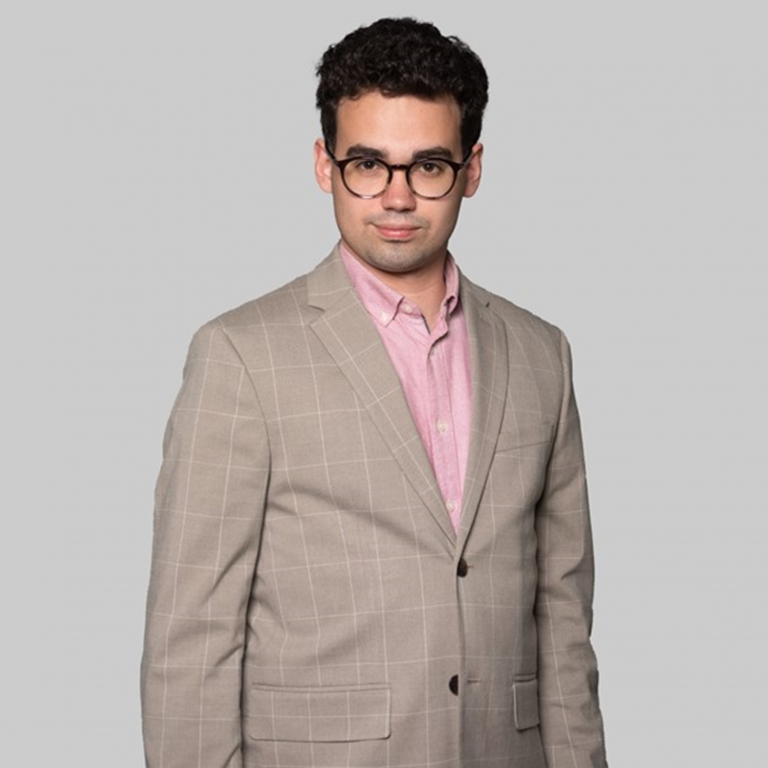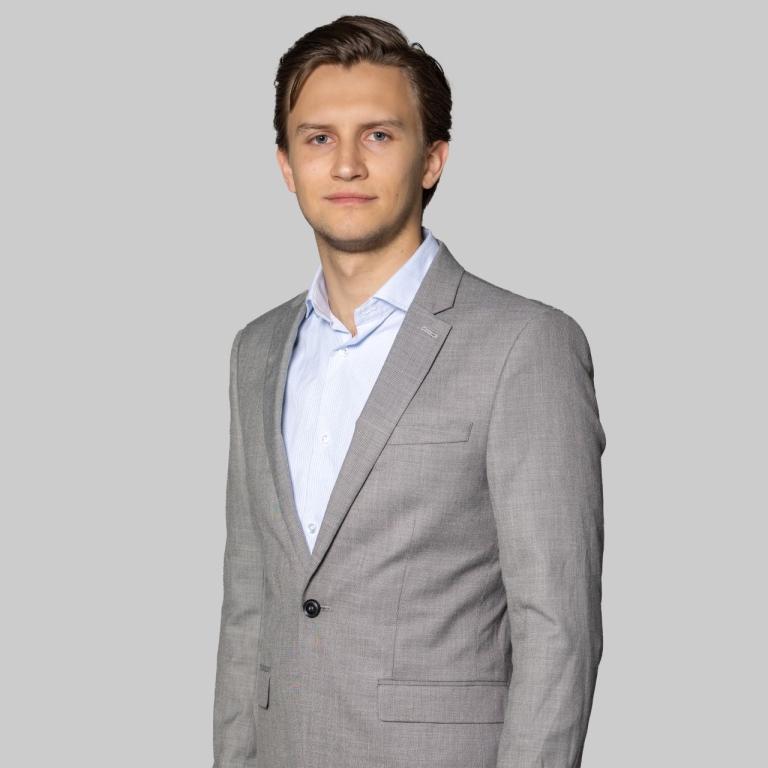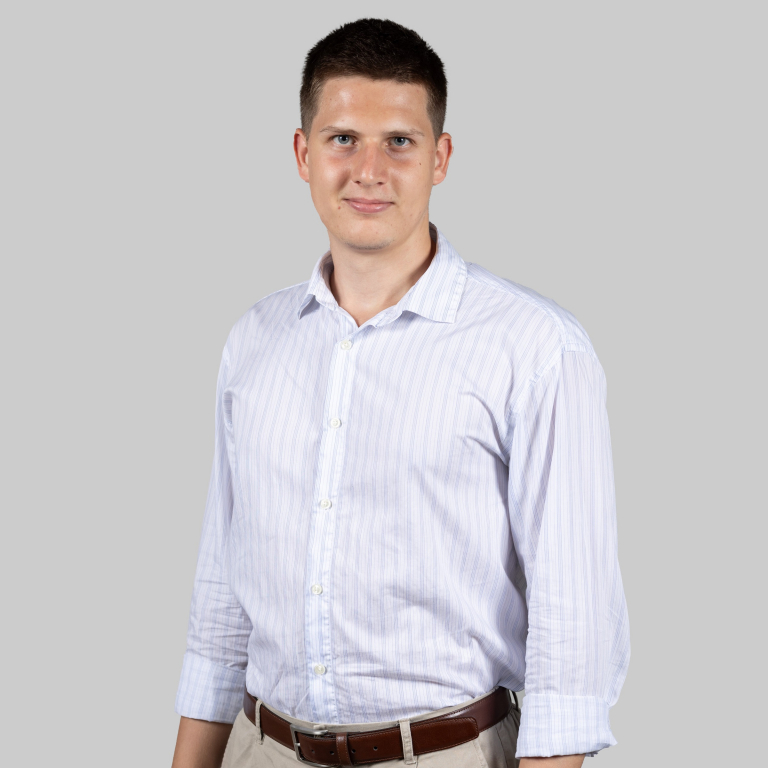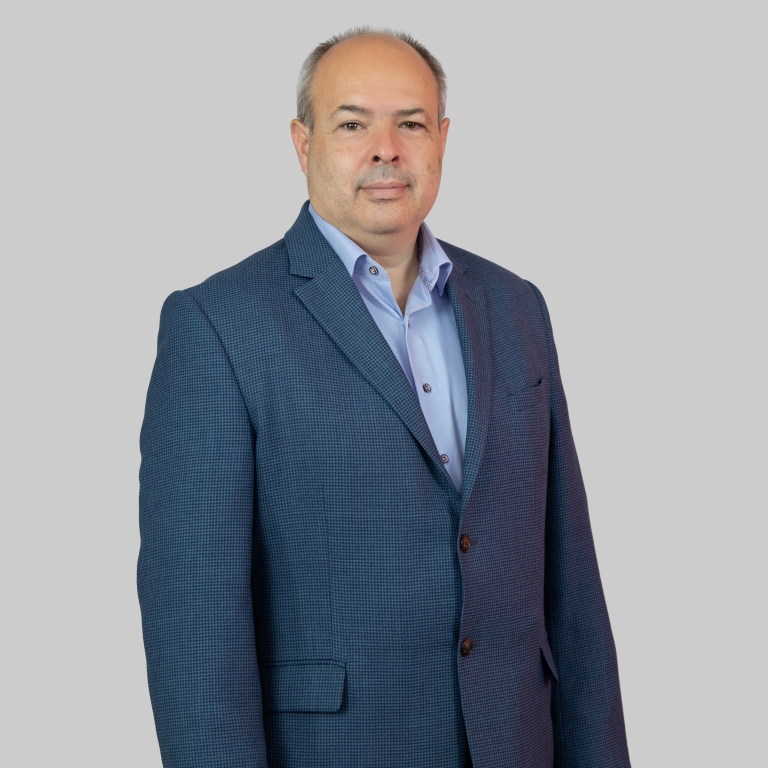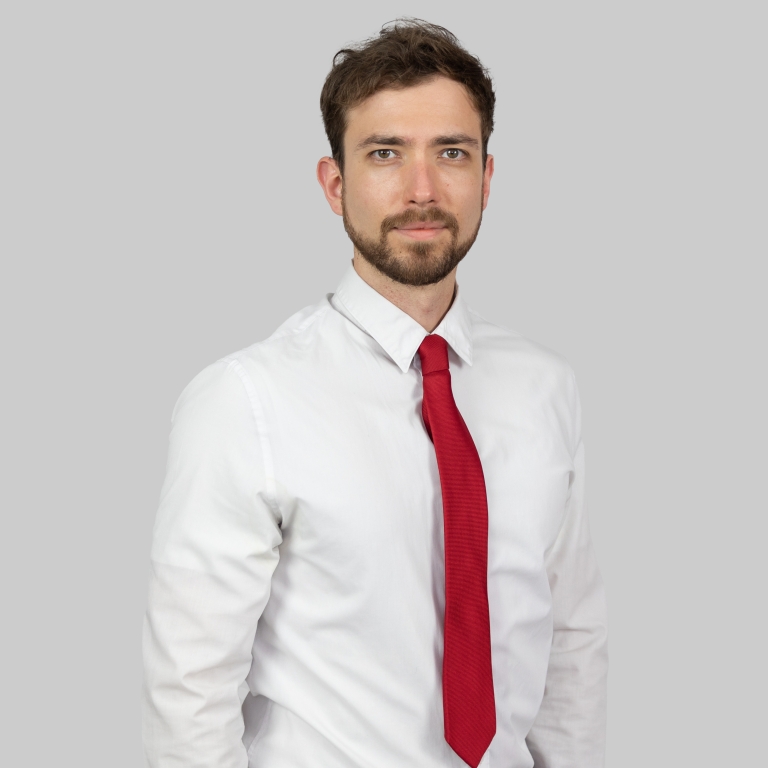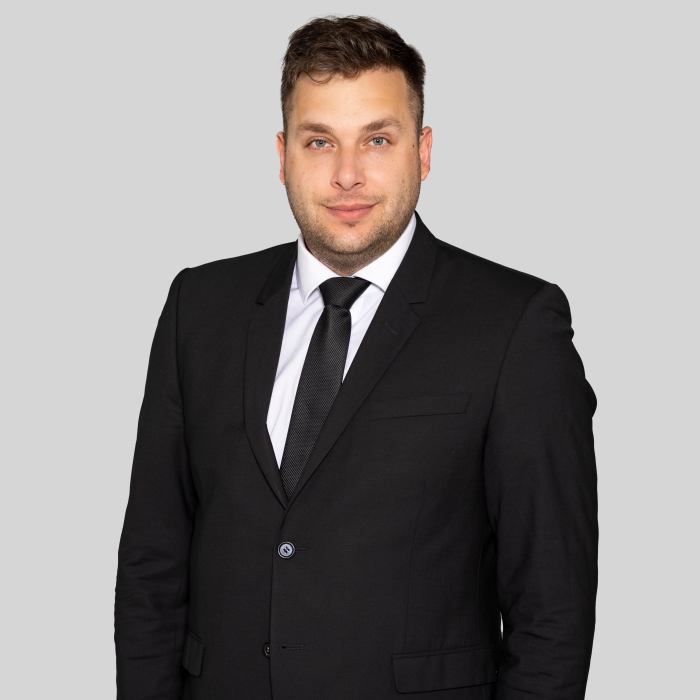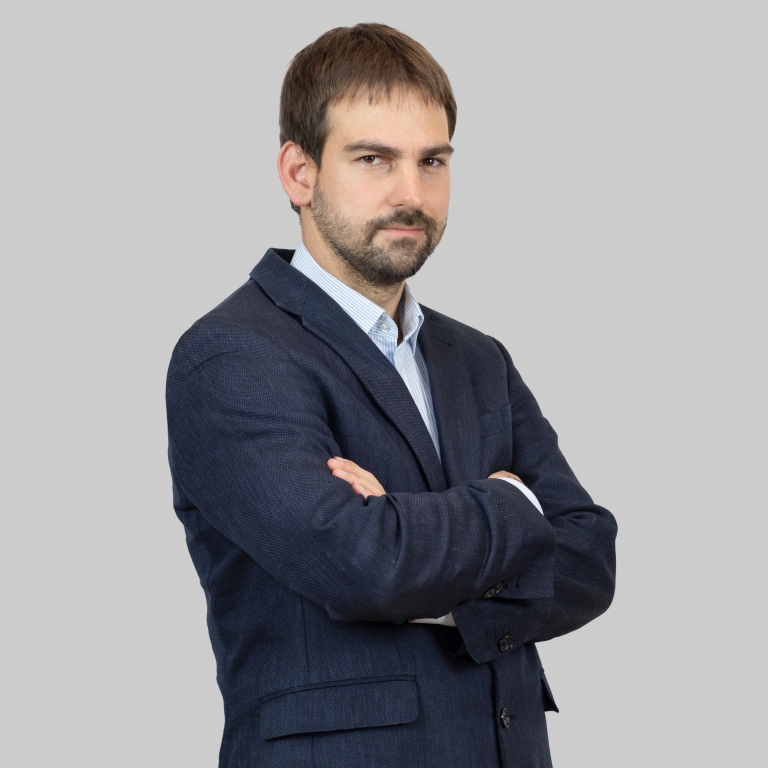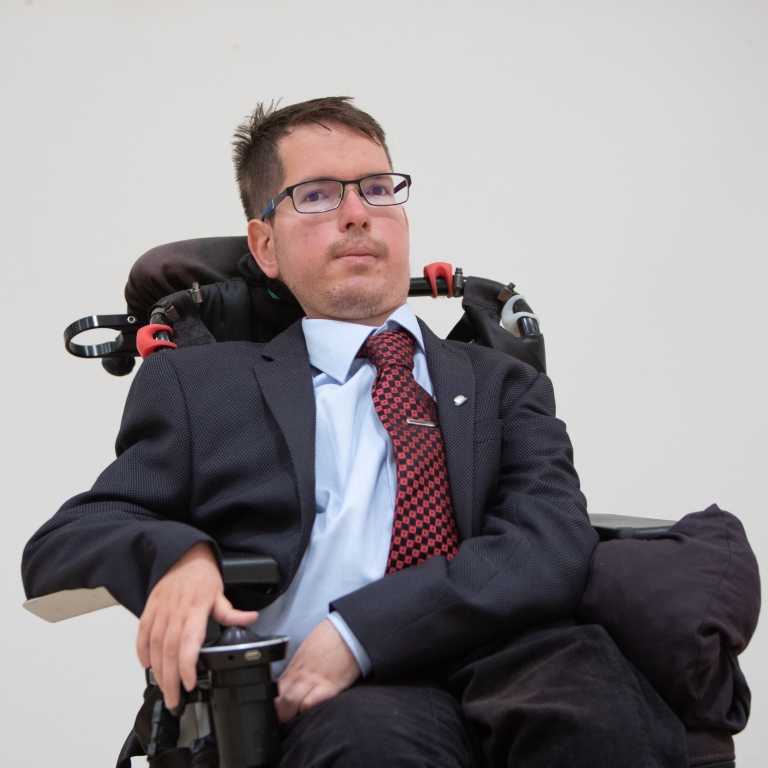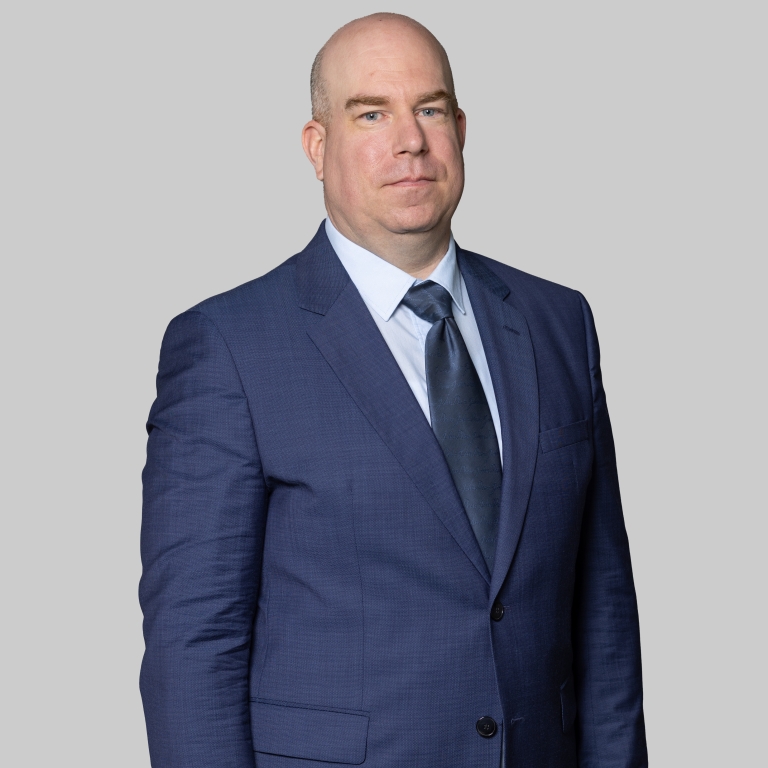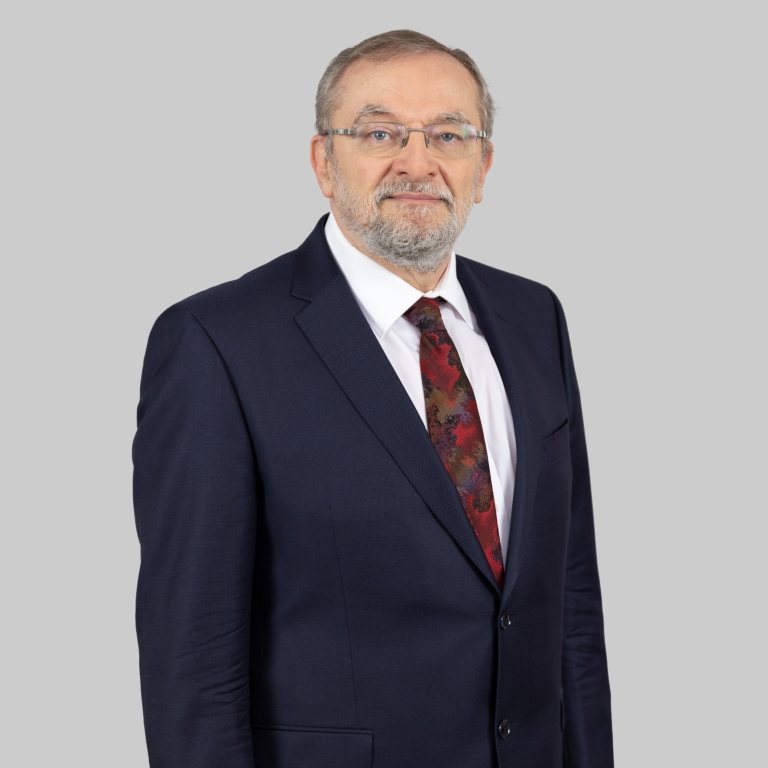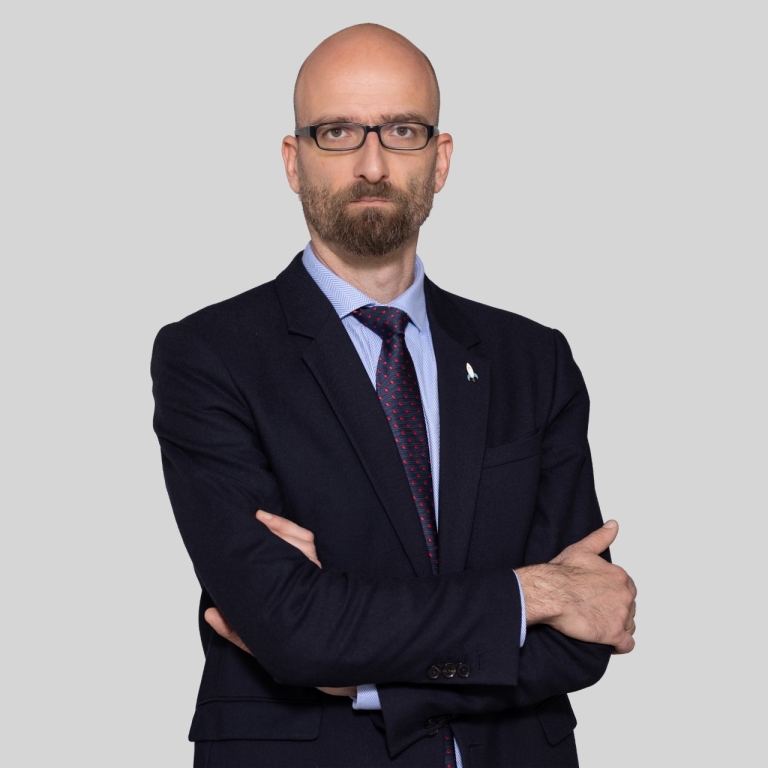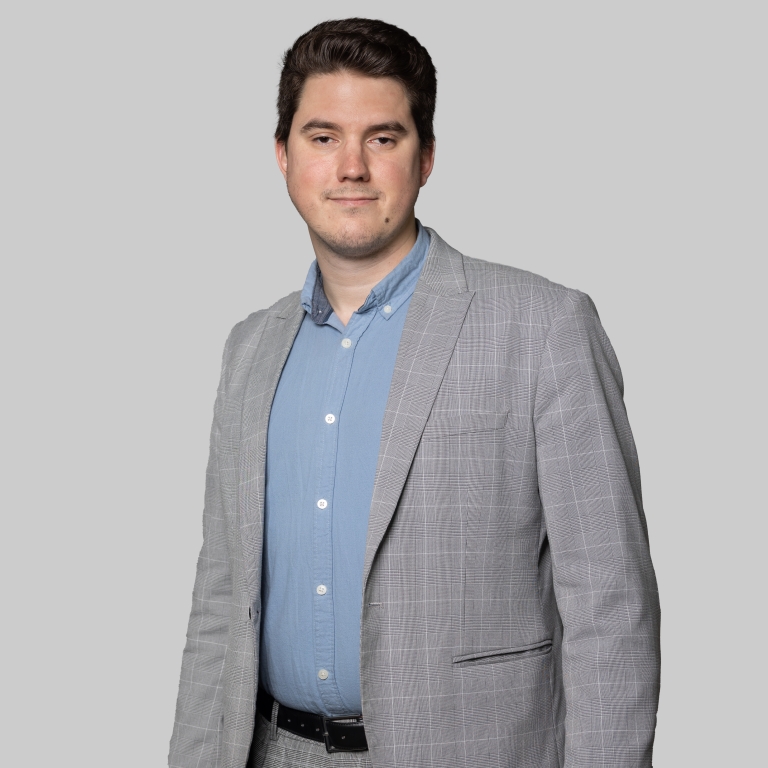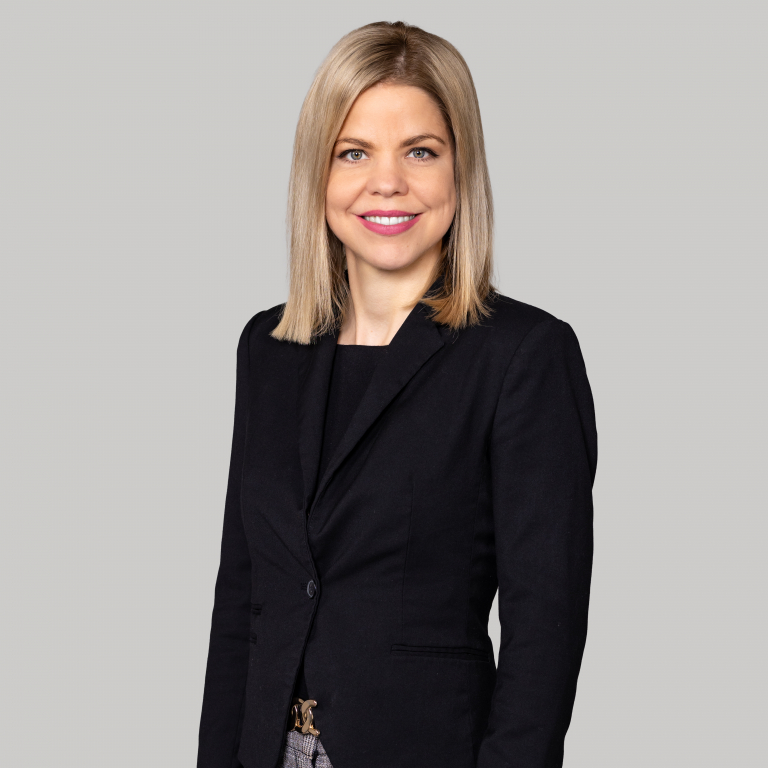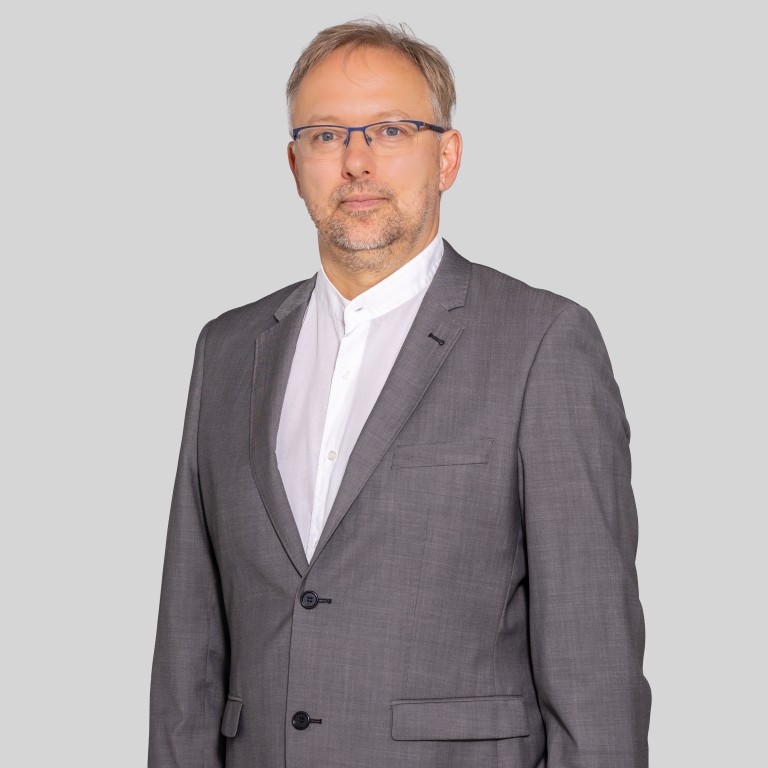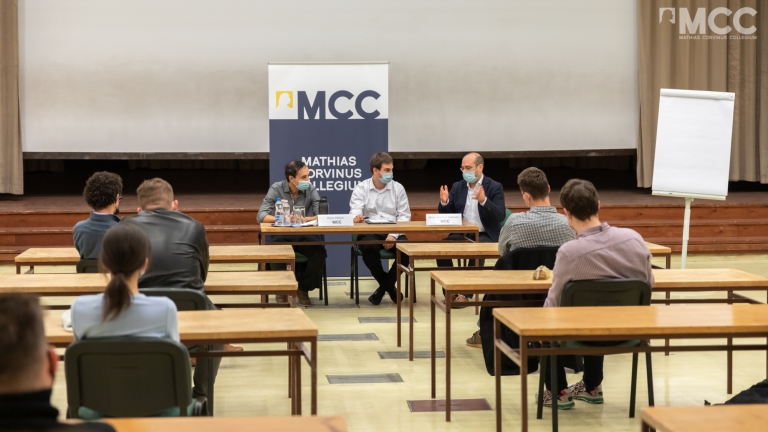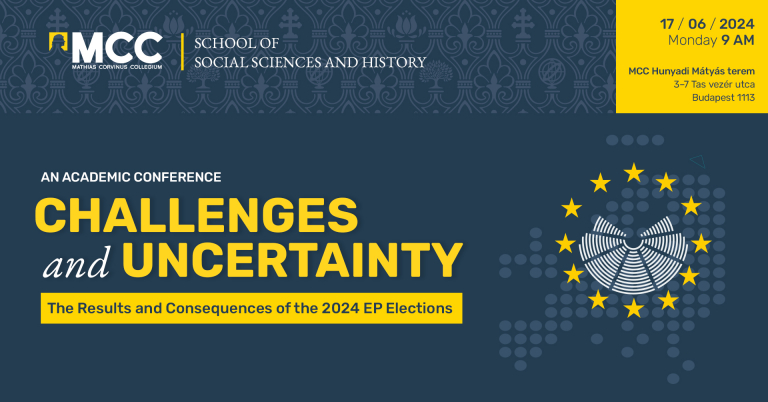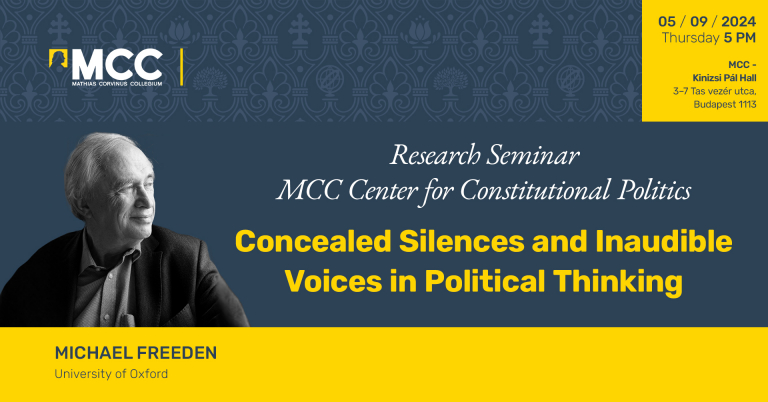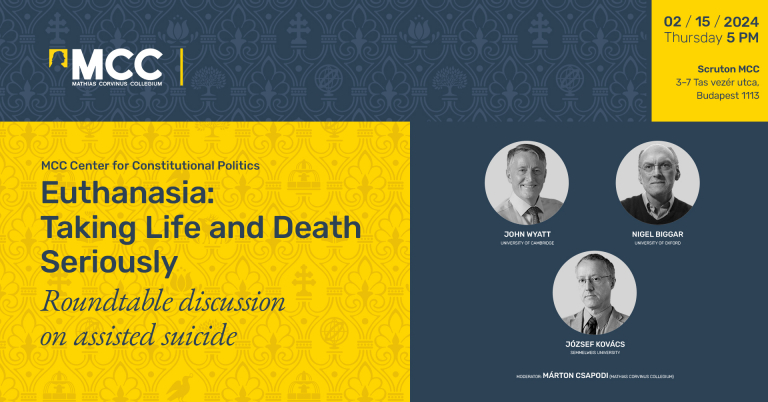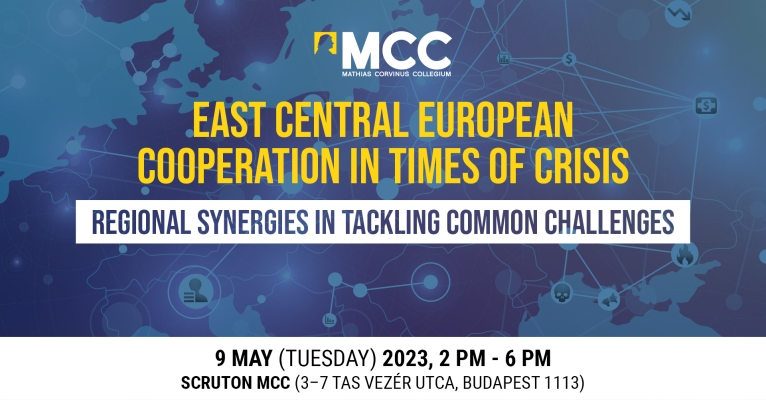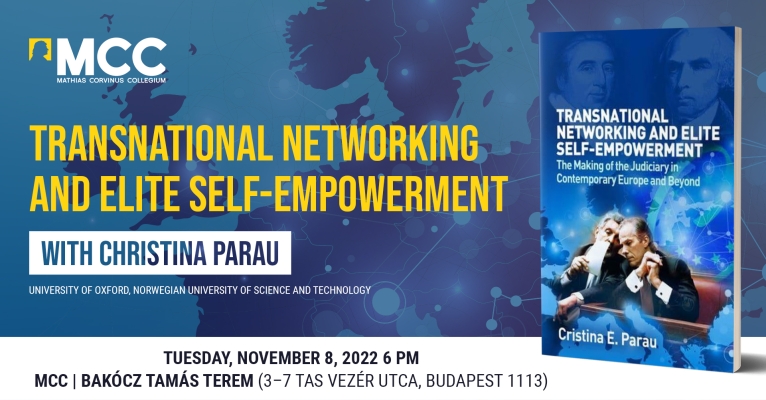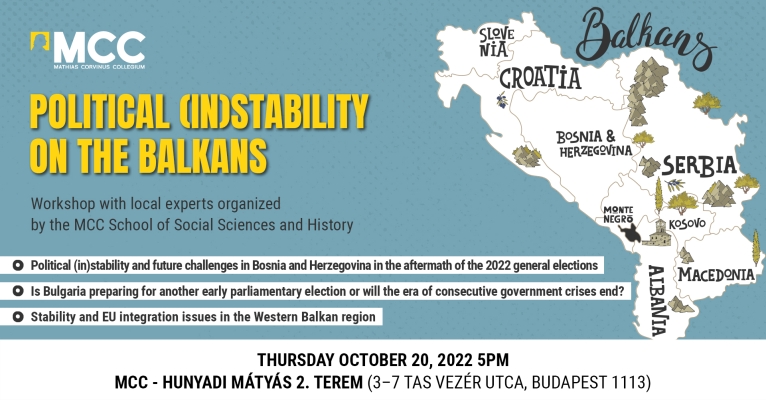Why do the vast majority of people live in communities? Why is there a division of labour and specialisation among them? Why and how are leaders and the led separated? How are community decisions made? Who has the power? And who really owns it? Was Plato or Aristotle a political scientist? Why do some peoples survive and others disappear? Can we exist without a state? What are the tasks of the state, what can it do and what must it do? What is the scope of politics? Can it intervene, and should it intervene at all, in market mechanisms? Should it support childbearing? How should it deal with migration? Can leadership be both strong and democratic? Can a government be prepared for the unforeseen events of the future?
In the School of Social Sciences and History, we seek answers to these and similar questions, so that we can look at the politics, social changes and challenges of our own region, East-Central Europe and the European Union, armed with theories. We want to break with the fragmentation and introversion of the social sciences. We have a complex range of interests and approaches. In our school, our teachers and invited guests integrate social science disciplines, linking the past with the present and the future, so that political science and sociology, public policy and political economy, political and social history, political philosophy and political reflection not only fit together but also reinforce each other.
In our community, we seek to build a common and mutual perspective through lectures, debates, role-plays and field trips, real or virtual, to broaden our political and social knowledge and experience.
Center for Constitutional Politics
Political philosophy in everyday life: utilitarianism and libertarianism
Political decisions often present decision-makers with serious dilemmas. Beyond political gain, they must also answer difficult questions such as: Why is it compulsory to wear a seat belt? Is taxation really the same as forced labour? Should the rich pay proportionally more tax? Why should property rights be sacred? Why is compulsory military service good/bad? Should voluntary surrogacy really be banned? During the course, students will debate the most fundamental questions of political philosophy, using practical examples to illustrate the arguments for and against.Political philosophy in everyday life: beyond utilitarianism and libertarianism
The course will not revisit the topics covered in the course Political Philosophy in Everyday Life (utilitarianism, libertarianism), but will introduce students to the political dilemmas of equity and virtue. In addition to political utilitarianism, policy makers have to answer difficult questions such as: should the human dignity of murderers be respected? Why can't a man born outside the US be President of the US? Should those born into poverty be compensated somehow? Does the talent born with us create social injustice? Should we require Hooters to hire male wait staff? Are we really not allowed to lie under any circumstances? Is there really no better principle of social organization than meritocracy? Is positive discrimination necessary? Why should one be loyal to one's country? What is patriotism: virtue or harmful prejudice? Does the common good exist? During the course, students will debate the most fundamental questions of political philosophy, using practical examples to illustrate the arguments for and against.European Union and the Nation States
The course aims to develop students' argumentation skills and debating culture by engaging with the controversial issues of European integration. It aims to shed light on how current domestic and foreign policy debates on the future of the European Union and nation states can be interpreted in a broader perspective, which theoretical arguments can be used to support contradictory positions and which practical examples can be given by the proponents of the different positions. The course will function like a classic debate forum in which the lecturer will play both the role of moderator and devil's advocate.Constitutional engineering: let’s design the perfect political system!
Which is the best political system? The course attempts to answer this question - with the active participation of the students. The aim of the course is to enable students to argue for (and against) their preferred combination and type of political institutions. To this end, students will be asked to design an ideal political system within an imaginary constitutional process, expressing their views on how the system should be changed and justice established, or even on the nature of the constitutional process. In response to the arguments of others, students formulate their views on the political system they think is best.Smokey cigar lounges – connection between politics and media
The course aims to familiarise students with the situation, general characteristics and challenges of today's regional media market from an international perspective. In this context, the relationship between media and politics will be examined: How do these two actors influence each other, what are their responsibilities towards society? We will examine the role of the media in politics, the power of PR and the power of lobbyists. We will look at the instruments of politics in the media market, the power of campaigns and their relationship to the fourth branch of power.Public law and globalisation - constitutionalism without borders?
Can we speak of a constitution or constitutionalism without nation states? Can the concept of law, especially constitutional law, be separated from state sovereignty? Most fields of law are trying to find solutions to the challenges of economic and social globalisation, and constitutional law is no exception. Although the notion of constitutionalism is traditionally associated with nation states, the question of European and global constitutionalism is increasingly being raised as the boundaries of political communities seem to be blurring. The aim of this course is to illustrate the interaction between globalisation and public law: How does globalisation affect state constitutional systems and how can law be an instrument of globalisation?Ideologies and their symbols: 20th century totalitarianism and its symbol systems
Center for Political Science
Sorok közt olvasni. Magyar irodalmi művek politikai elemzése
The course is based on the assumption that certain literary texts are useful for shedding lights on the rarely visible aspects of political reality. Hence, we discuss relevant political problems each occasion by analysing literary works.Obstacle course. The social-political aspects of disability
The course focuses on disability, a rarely researched phenomenon from the perspective of social sciences. During the semester, students learn why the life conditions of people with disabilities are considered as a socially-politically relevant issue. After understanding the main concepts and theories of disability studies, participants visit an institution for children with disabilities, thus experience the complexity of disabled people in first hand.News for Dinner
Dilemmas of municipal governments
Post-communist transformation
Public policy debates and reports
The course consists of two interrelated elements. Firstly, students write policy briefs following pre-defined criteria. Secondly, by using the submitted materials, students represent certain political characters in a public debate.Central European integrations
The course aims to give a general knowledge of the most important integration and regionalisation theories in political science and IR. However, the course is primarily centred around the key Central European integrations established after 1989/1990, with particular attention to the CEFTA, the Visegrad Group or the Three Seas Initiative.Behind the curtains - Politics and drama
The course motivates students to analyse dramas from political perspective. After clarifying the main theoretical dilemmas, students read certain dramas, which are interactively discussed later on during the course. As a closure of the course, 'A nemzet özvegye' play is watched at Örkény Theatre. Summarizing their own theatre experiences, participants will submit an analytical essay on the political aspects of the performance.Governance in East-Central Europe
Political campaign
Political communication and political campaign
Tribes and institutions – Hungarian politics three decades after the system change
Hol élsz Te?
In a pinch after 100 years – Comparative analysis of ethnic Hungarian Parties in the Carpathian-Basin
What is talent development in contemporary sport?
Walking Course: Social geography of Budapest
The aim of the course is to identify, interpret, and analyze the differences in development within the Hungarian capital city’s various districts. Emblematic transport hubs, stations, and intersections help us understand the history and the practical problems of urbanization, with special regards to the intertwining of socio-economic and infrastructural factors.Brainstorm meeting on Southeast Europe
Interactive public policy discussions on current social/infrastructural/economic decision-making processes in the Balkan countriesBrainstorm meeting on Central East Europe
Interactive public policy discussions on current social/infrastructural/economic decision-making processes in CEE countriesFuture of Transport Development in the Carpathian Basin
During the course, the participants get to know the major directions and strategies of transport development in Hungary and the neighboring countries. After mastering the necessary background knowledge in the topic of freight and passenger services (transportation, logistics, transport policy), the discussion is on the alternative future development visions, with an international outlook.MCC-Rubicon Center for History
20th century Hungarian historical policy thinking 1.
20th century Hungarian history of ideas20th century Hungarian historical policy thinking 2.
20th century Hungarian history of ideasKey-questions and milestones of the Hungarian migration policy (1867-2010s).
The course presents the evolution of Hungarian migration processes, their historical background and governmental responses to the phenomenon of migration, the steps taken to influence migration processes, the intersection of intentions, ideologies and opportunities.Epidemics and the creation of the modern public health system in Hungary (1867-1914)
The aim of the course is to learn about the development of the modern Hungarian public health system.Memory of Tastes – French History – French Cheese
The history of many French cheeses is linked to the history of the country. The cultural and public history of a particular historical period is illustrated by a typical cheese. The cheeses linked to each theme will be tasted. Invited speakers also took part in the course.Center for Sociology
Get to know the society you live in!
The aim of the course is to introduce students to the methodological dilemmas of designing and conducting empirical market, opinion and social science research by gaining direct experience in a practice-oriented form during the implementation of a research.Let's research together! From design through fieldwork to publication
The aim of the course is to introduce students to the methodological dilemmas of designing and conducting empirical market, opinion and social science research by gaining direct experience in a practice-oriented form during the implementation of a research.Mindenmentes szójalattét a faluba! - dzsentrifikáció vagy újpolgárosodás a magyar vidéken
The aim of the course is to introduce students to the methodological dilemmas of designing and conducting empirical market, opinion and social science research by gaining direct experience in a practice-oriented form during the implementation of a research.Anderson meséi az elképzelt közösségről – gondolatok a nemzetről
Kutatásmódszertan
Related news
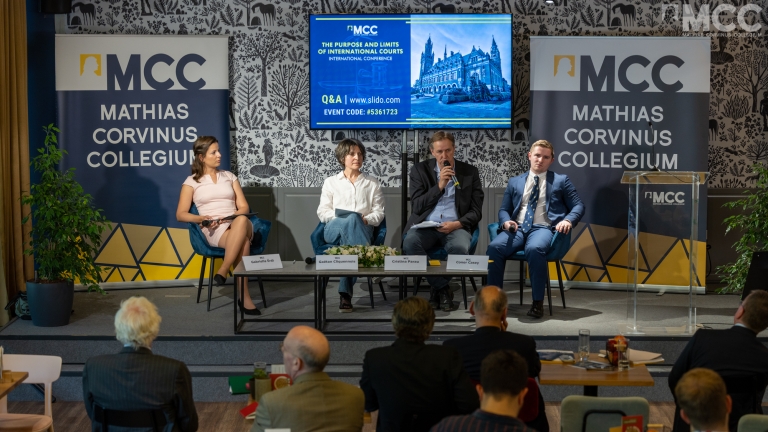
The Issue of the Role of International Courts and Their Impartiality Is Unavoidable
